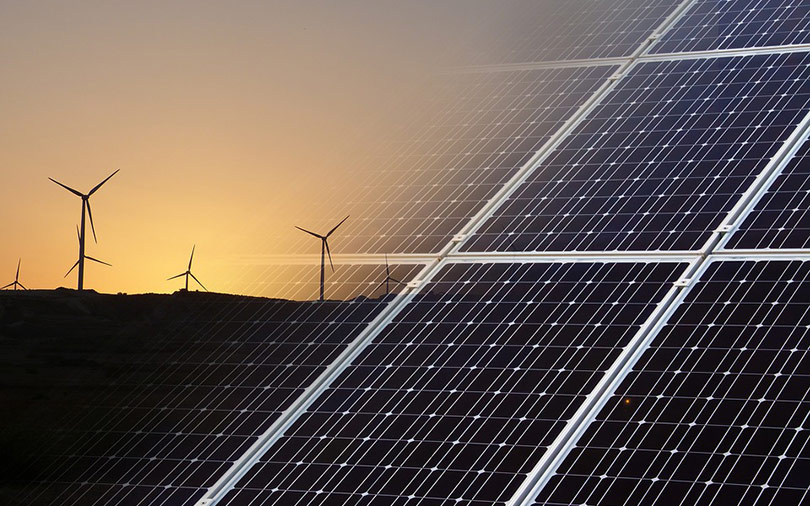
UAE state-owned renewable energy firm Masdar announced on Tuesday plans to create a new solar and battery energy facility that will deliver 1 gigawatt of uninterrupted clean power and is expected to cost around $6 billion.
Speaking at the opening of Abu Dhabi Sustainability Week, chairman Sultan Al Jaber, who also serves as the chief executive of energy giant Abu Dhabi National Oil Co (ADNOC) and is the UAE minister of industry and advanced technology, called the project a significant step towards making renewable energy feasible as baseload power.
"This will, for the first time ever, transform renewable energy into baseload energy. It is a first step that could become a giant leap," Al Jaber said.
"How can we power a world that never sleeps with energy sources that do? How can we transform renewable resources into reliable power? Today ... we have an answer," Al Jaber said before announcing the project.
Masdar said the project would address the challenge the intermittent nature of renewable energy supply has posed for grid operators.
Launched in partnership with the Emirates Water and Electricity Company, it will combine 5 GW of solar capacity with 19 GWh of storage, which will ensure uninterrupted delivery of 1GW of electricity, the group said.
Masdar did not provide further details, but various estimates suggest such facility would be able to provide power to hundreds of thousands of homes, or power the largest data centres.
It is expected to start operations by 2027 and to cover 90 square km (34.75 square miles) in "the desert of Abu Dhabi", Masdar's chief operating officer Abdulaziz Alobaidli said.
The project is expected to cost around $6 billion and will be "equity and project finance debt funded," he said.
Earlier on Tuesday, Al Jaber had said that the rapid growth of energy-hungry artificial intelligence applications could lead to a 250% increase in energy demand by 2050, highlighting the need for diverse power sources, he added.